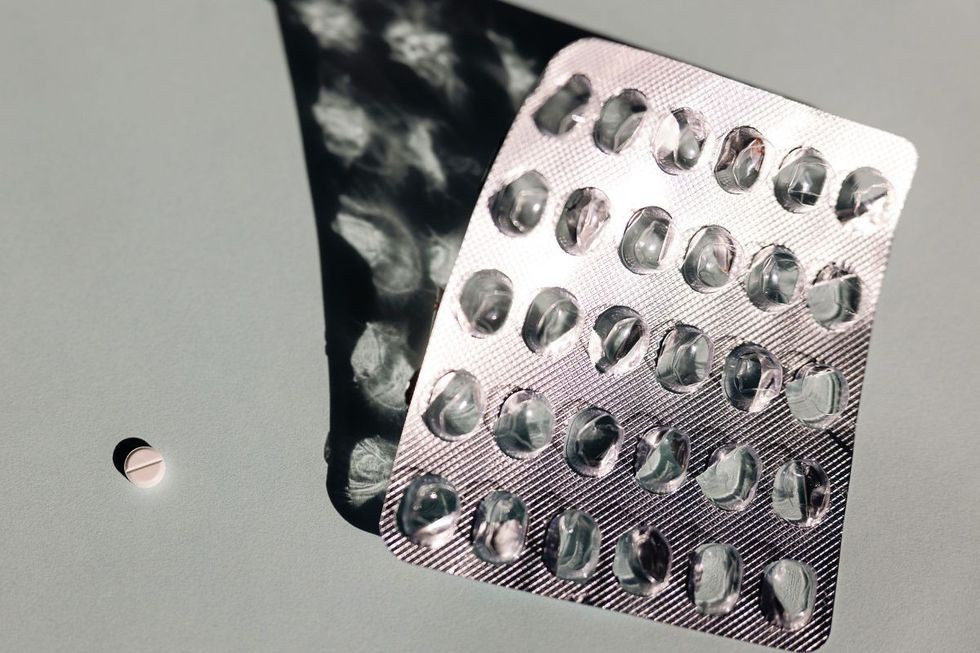Commonly prescribed drug linked to significant risk of birth defects, warn scientists

The birth defects identified ranged from cleft palates to severe heart malformations
Don't Miss
Most Read
A commonly prescribed antibiotic for urinary tract infections during pregnancy significantly increases the risk of birth defects when taken in the first trimester, according to new research by American scientists.
The study found that trimethoprim, which is prescribed approximately 130,000 times monthly in England, was associated with 26.9 malformations per 1,000 infants.
This represents roughly one additional baby with congenital anomalies for every 145 women taking the medication, compared to those using alternative antibiotics.
The birth defects identified ranged from cleft palates to severe heart malformations, raising concerns about the drug's safety during early pregnancy.

New findings have raised concerns about the common drug
|GETTY
In comparison, other antibiotics showed considerably lower risk rates, with only 19.8 to 23.5 malformations per 1,000 infants.
Researchers noted this figure aligned with standard birth defect rates, indicating no elevated risk from alternative UTI treatments.
The study examined women aged 15 to 49 who had been prescribed either specialised antibiotics, including nitrofurantoin, trimethoprim, or fluoroquinolone, or standard antibiotics such as penicillin.
Dr Caroline Ovadia, an obstetrics expert at the University of Edinburgh who was not involved in the research, explained that "trimethoprim can block the action of folic acid, which we know is important in early fetal development".
UTIs affect up to 10 per cent of pregnant women, approximately double the rate in non-pregnant women of similar age.
These infections can lead to serious complications, including premature births, low birth weight, kidney infections and sepsis if left untreated.
Many UTIs during pregnancy are asymptomatic, causing no obvious symptoms, while still increasing the risk of complications.
This is why expectant mothers in Britain are offered urine tests at their first midwife appointment, typically around 10 weeks, while American women receive testing between 12 and 16 weeks.
The infections are particularly concerning during pregnancy as they can have devastating consequences for both mother and baby.
LATEST DEVELOPMENTS

UTI infections during pregnancy can lead to serious complications
|GETTY
Dr Ovadia emphasised that the study's findings support the current practice of selecting alternative antibiotics during the first trimester, "while organ development is happening for the fetus".
She noted the importance of using "the appropriate medication at the lowest effective dose for the shortest effective time" when prescribing during pregnancy.
"Reassuringly for patients, the antibiotic nitrofurantoin was not found to be associated with higher risks of fetal anomalies when used in the first trimester for urinary tract infection treatment, which had been previously suggested in some evidence," Dr Ovadia said.
She added that "the absolute risk of congenital anomalies with antibiotic treatment for urinary tract infection in pregnancy remains low, supporting the benefit of appropriate clinician-led treatment".











